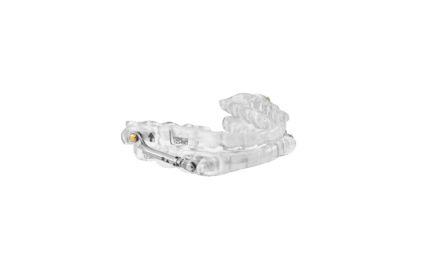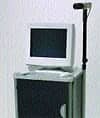Among patients with obstructive sleep apnea (OSA) and hypertension that requires three or more medications to control, continuous positive airway pressure (CPAP) treatment for 12 weeks resulted in a decrease in 24-hour average and diastolic blood pressure and an improvement in the nocturnal blood pressure pattern, compared to patients who did not receive CPAP, according to a new study. Conducted by Miguel-Angel Martinez-Garcia, MD, PhD, of the Hospital Universitario y Politecnico La Fe, Valencia, Spain, and colleagues, the study appears in the December 11 issue of JAMA.
“Systemic hypertension is one of the most treatable cardiovascular risk factors. Between 12 percent and 27 percent of all hypertensive patients require at least 3 antihypertensive drugs for adequate blood pressure control and are considered patients with resistant hypertension. Patients with resistant hypertension are almost 50 percent more likely to experience a cardiovascular event than hypertensive patients without resistant hypertension, and the incidence of resistant hypertension is expected to increase,” according to background information in the article. Recent studies have shown that OSA may contribute to poor control of blood pressure and that a very high percentage (>70 percent) of resistant hypertension patients have OSA.
When the changes in blood pressure during the study period were compared between study groups by intention-to-treat, the CPAP group achieved a 3.1 mm Hg greater decrease in 24-hour average blood pressure and 3.2 mm Hg greater decrease in 24-hour diastolic blood pressure, but the difference in change in 24-hour systolic blood pressure was not statistically significant compared to the control group. In addition, the percentage of patients displaying a nocturnal blood pressure dipper pattern (a decrease of at least 10 percent in the average nighttime blood pressure compared with the average daytime blood pressure) at the 12-week follow-up was greater in the CPAP group than in the control group (35.9 percent vs 21.6 percent). There was a positive correlation between hours of CPAP use and the decrease in 24-hour average blood pressure.




